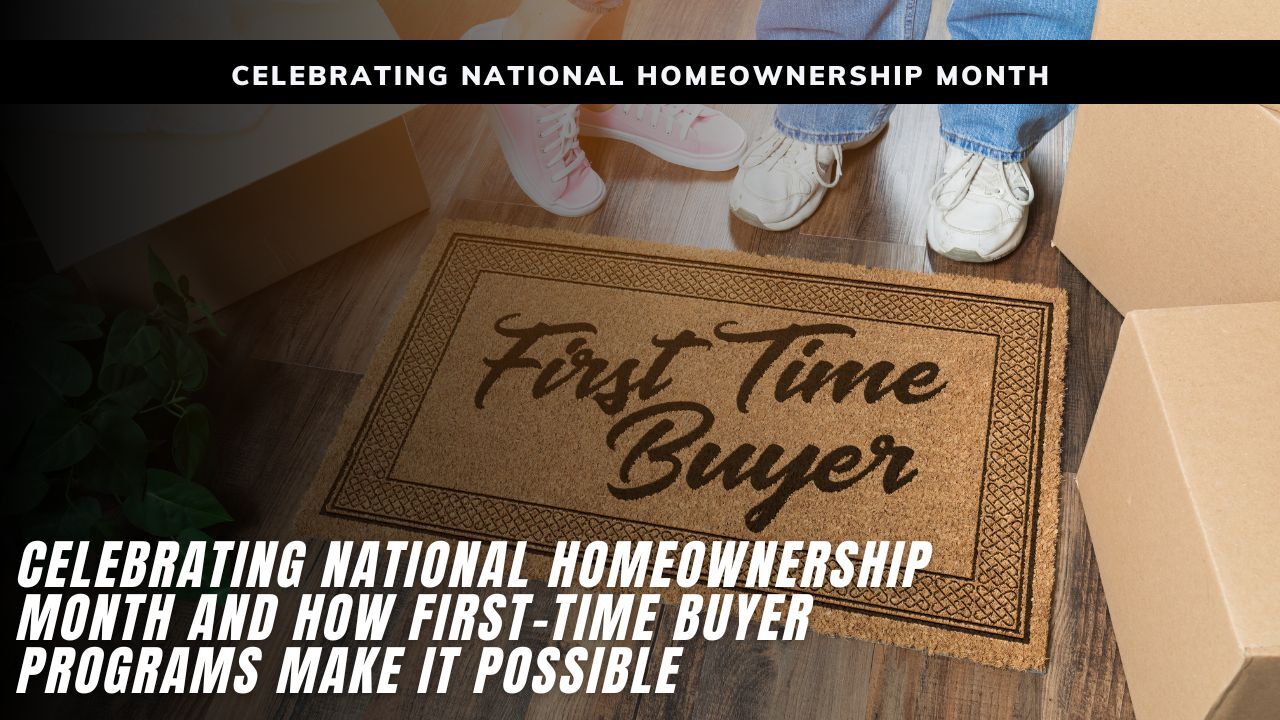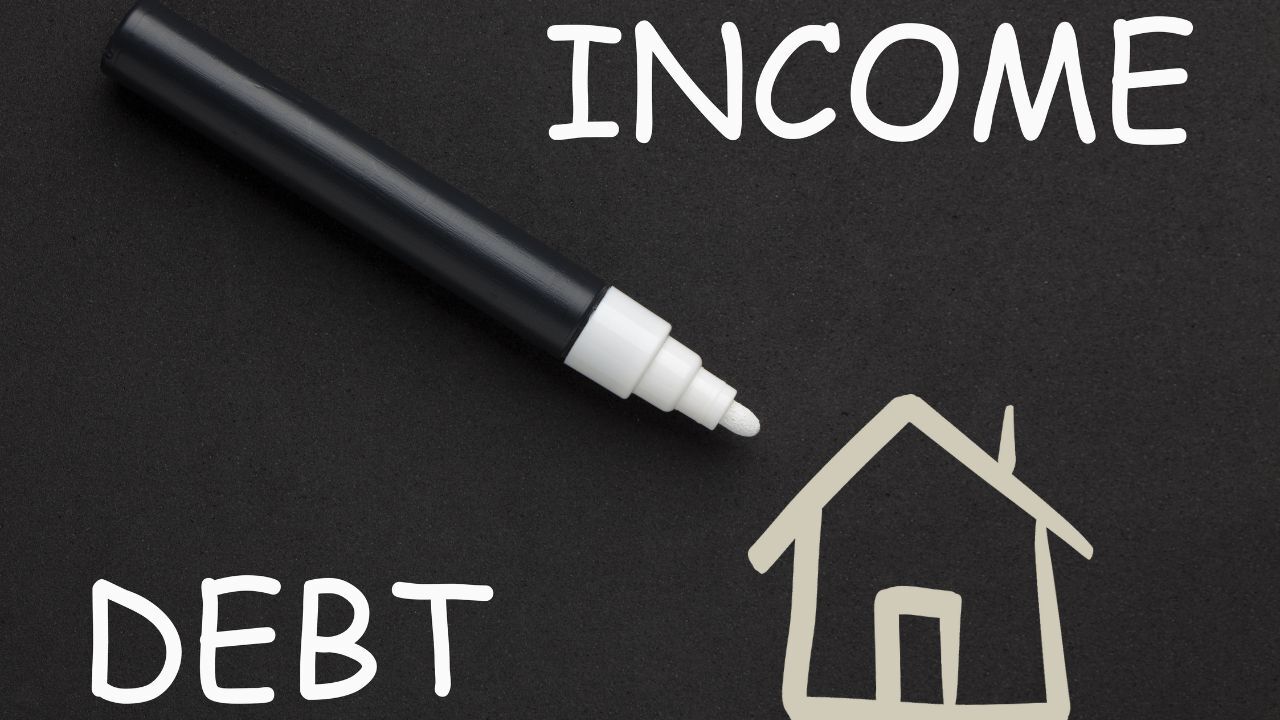Celebrating National Homeownership Month and How First-Time Buyer Programs Make It Possible
 June is National Homeownership Month, a time to celebrate the dream of owning a home and spotlight the many programs designed to help first-time buyers turn that dream into reality. For many Americans, the biggest challenge to buying a home is coming up with the funds for a down payment or qualifying for a loan. Fortunately, there are a wide variety of mortgage options and assistance programs available to make homeownership more achievable.
June is National Homeownership Month, a time to celebrate the dream of owning a home and spotlight the many programs designed to help first-time buyers turn that dream into reality. For many Americans, the biggest challenge to buying a home is coming up with the funds for a down payment or qualifying for a loan. Fortunately, there are a wide variety of mortgage options and assistance programs available to make homeownership more achievable.
FHA Loan
One of the most widely used mortgage programs for first-time buyers is the FHA loan, backed by the Federal Housing Administration. FHA loans typically require lower credit scores and offer down payment requirements as low as 3.5 percent. This makes them an excellent choice for buyers who may not have perfect credit or a large amount of savings.
VA Loan
Another valuable option is the VA loan, available to eligible veterans, active-duty service members, and certain members of the National Guard and Reserves. VA loans do not require a down payment or private mortgage insurance, which can save borrowers thousands of dollars upfront and over time. These loans are a strong way to thank those who have served our country while helping them build stability through homeownership.
USDA Loan
USDA loans also support first-time buyers by offering zero-down payment options in qualifying rural and suburban areas. Designed to promote homeownership in less densely populated communities, these loans are income-based and come with competitive interest rates.
Additional Loan Options
Beyond these federal programs, many state and local governments offer down payment and closing cost assistance to help first-time buyers get into a home. These programs may include grants, deferred-payment loans, or forgivable loans that reduce the financial burden of homebuying. Some also offer matching savings programs to help future homeowners reach their goals more quickly.
National Homeownership Month is the perfect time to explore these opportunities. Real estate markets often pick up in the spring and summer, and many buyers aim to move before the new school year begins in the fall. Starting your homeownership journey in June gives you time to get pre-approved, explore your options, and find the right home with confidence.
If you are considering buying your first home, contact us to help you understand the programs available in your area. The right guidance can open doors you did not know existed and put you on the path to becoming a homeowner sooner than you think.
Homeownership builds equity, stability, and a sense of pride. National Homeownership Month is a celebration of those values and a reminder that with the right support, it is possible for more families to achieve this important milestone.

 Purchasing a home that needs renovations or upgrading your current home can be costly, but financing home improvements through your mortgage can be an effective solution. Instead of taking out a separate loan for renovations, some mortgage programs allow you to roll the cost of home improvements into your home loan at closing. This strategy can help you spread renovation costs over time while securing a potentially lower interest rate compared to personal loans or credit cards.
Purchasing a home that needs renovations or upgrading your current home can be costly, but financing home improvements through your mortgage can be an effective solution. Instead of taking out a separate loan for renovations, some mortgage programs allow you to roll the cost of home improvements into your home loan at closing. This strategy can help you spread renovation costs over time while securing a potentially lower interest rate compared to personal loans or credit cards. When applying for a mortgage, lenders evaluate several factors to determine your loan eligibility. One of the most critical metrics is your Debt-to-Income Ratio (DTI). Understanding how DTI impacts mortgage approval can help you better prepare for homeownership and improve your chances of securing the loan you need.
When applying for a mortgage, lenders evaluate several factors to determine your loan eligibility. One of the most critical metrics is your Debt-to-Income Ratio (DTI). Understanding how DTI impacts mortgage approval can help you better prepare for homeownership and improve your chances of securing the loan you need.